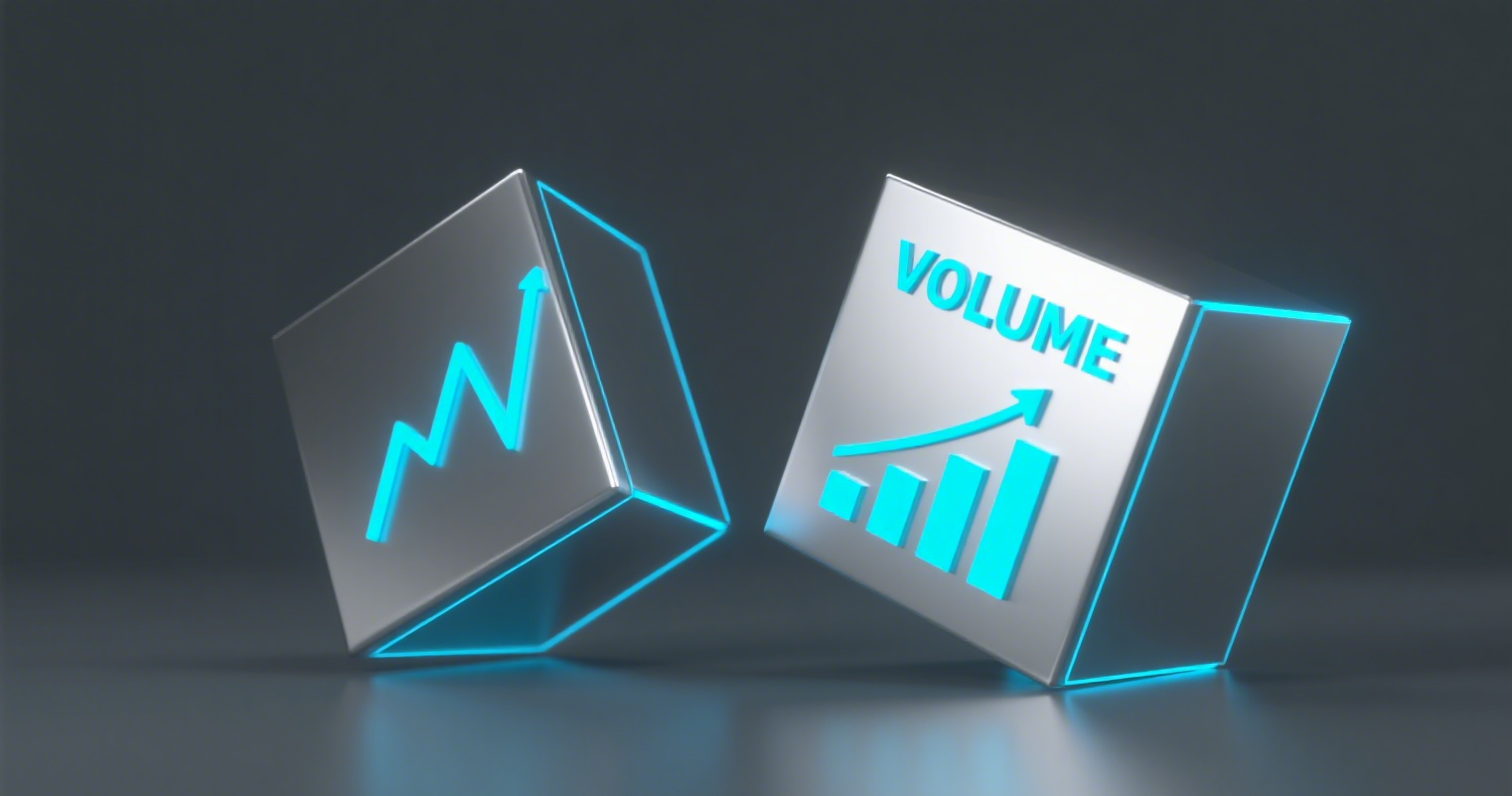
Focus on CPI Data
According to a survey of economists, the U.S. CPI for July is expected to rise 2.8% year-on-year. Investors will closely monitor whether Trump’s import tariffs are translating into higher end prices, after June’s CPI report showed tariffs were already affecting the prices of some goods.
This month, weak employment data has boosted market bets on a Fed rate cut, as investors expect the central bank to support the labor market through monetary easing. LSEG data shows federal funds futures pricing in over a 90% chance of a rate cut at the Fed’s September meeting, with at least two cuts this year fully priced in by markets.
However, many on Wall Street warn that if CPI growth exceeds expectations, it could pose risks to markets by making the Fed more hesitant about cutting rates.
Kevin Gordon, senior investment strategist at Charles Schwab, noted concerns about the risk of "stagflationary trends"—simultaneous rises in inflation and unemployment. Higher-than-expected inflation data could "serve as a reality check for markets," potentially halting the recent rally in U.S. stocks.
Gordon pointed out that the "surprising nature of the July jobs report" has heightened focus on the upcoming July CPI data—especially given worries that tariffs could push already-high inflation even higher, preventing the Fed from cutting rates. If CPI shows hot inflation, it would put the Fed in a "tougher spot," as markets expect a September cut due to labor market weakness.
Angelo Kourkafas, senior investment strategist at Edward Jones, wrote, "If CPI suggests markets have gotten ahead of themselves, it could spark volatility. But if things aren’t worse than feared… it may reinforce the view that we’re at a Fed policy turning point."
The outlook for U.S. tariffs and their economic impact has been a persistent market theme this year. Higher tariffs on imports from dozens of countries took effect last Thursday—pushing average U.S. import duties to their highest level in a century—while Trump also announced plans to tax semiconductor chips and pharmaceutical imports.
Matt Rowe, senior portfolio manager at Man Group, said tariff effects may take time to materialize, and markets have somewhat overlooked their potential economic drag. "Markets have grown comfortable with tariffs being a non-event, which I think is incorrect."
Fed Chair Powell stated at a July 30 press conference: "Higher tariffs are now showing up more noticeably in some goods prices, but their overall impact on economic activity and inflation remains to be seen."
Powell noted, "A reasonable baseline is that the inflation effects could be transitory—reflecting a one-time shift in price levels. But they could also prove more persistent."
















